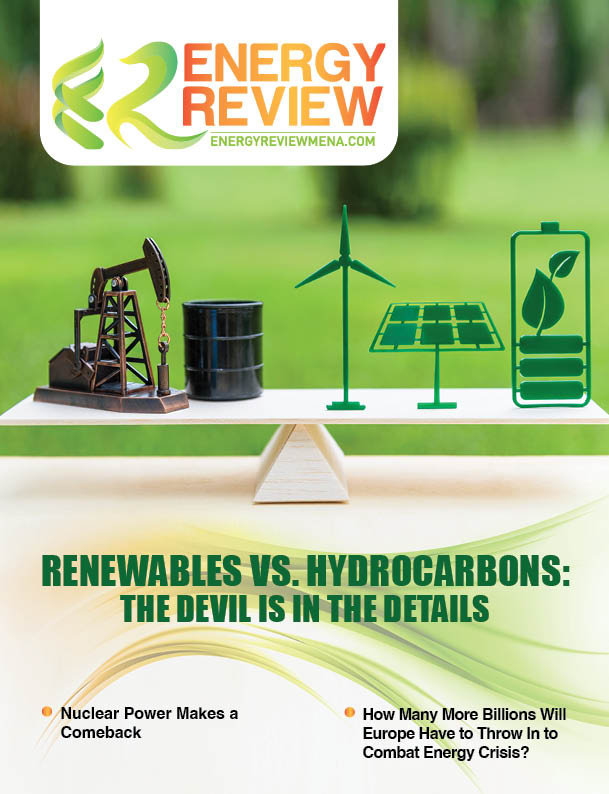The shift “will alter the global distribution of power, relations between states, the risk of conflict, and the social, economic and environmental drivers of geopolitical instability,” said the commission set up by the International Renewable Energy Agency (IRENA).
Solar, wind and other renewables, which currently make up around a fifth of global energy production, are growing faster than any other source, the report said.
According to the commission chairman and former president of Iceland, Olafur Ragnar, the shift will likely cause China to eclipse the United States, place oil-dependent Gulf states at risk and help impoverished African nations achieve energy independence.
“It is difficult to predict when, but this change is happening comprehensively and fast,” commented Ragnar.
The report, entitled “A New World”, was launched at IRENA's ninth general assembly in Abu Dhabi.
“The shift from fossil fuels to renewables is driven by new technologies and falling costs, increasingly making renewables as competitive as conventional sources of energy,” the report said.
The cost of electricity from solar sources has dropped by 75 percent since 2009 while the price of wind turbines halved over the same period, it said.
IRENA secretary general Adnan Amin said the body's analysis shows that “by 2020, all commercially available renewable technologies will be on par with, or cheaper than, fossil fuels competitors”.
He said that in 2017, a record 168 gigawatts of electricity were generated from renewable sources -- double the previous year.
The IRENA commission also warned that countries which heavily depend on fossil fuel exports would need to adapt to avoid “serious economic consequences”.
But, it said, renewables will be a powerful vehicle of democratization because they make it possible to decentralize the energy supply.

Rise of renewables might change the world as we know it
/ Renewables / Tuesday, 22 January 2019 10:39
The rapid growth of renewable energy sources and the demise of fossil fuels are causing major changes in global politics, a special commission said.








